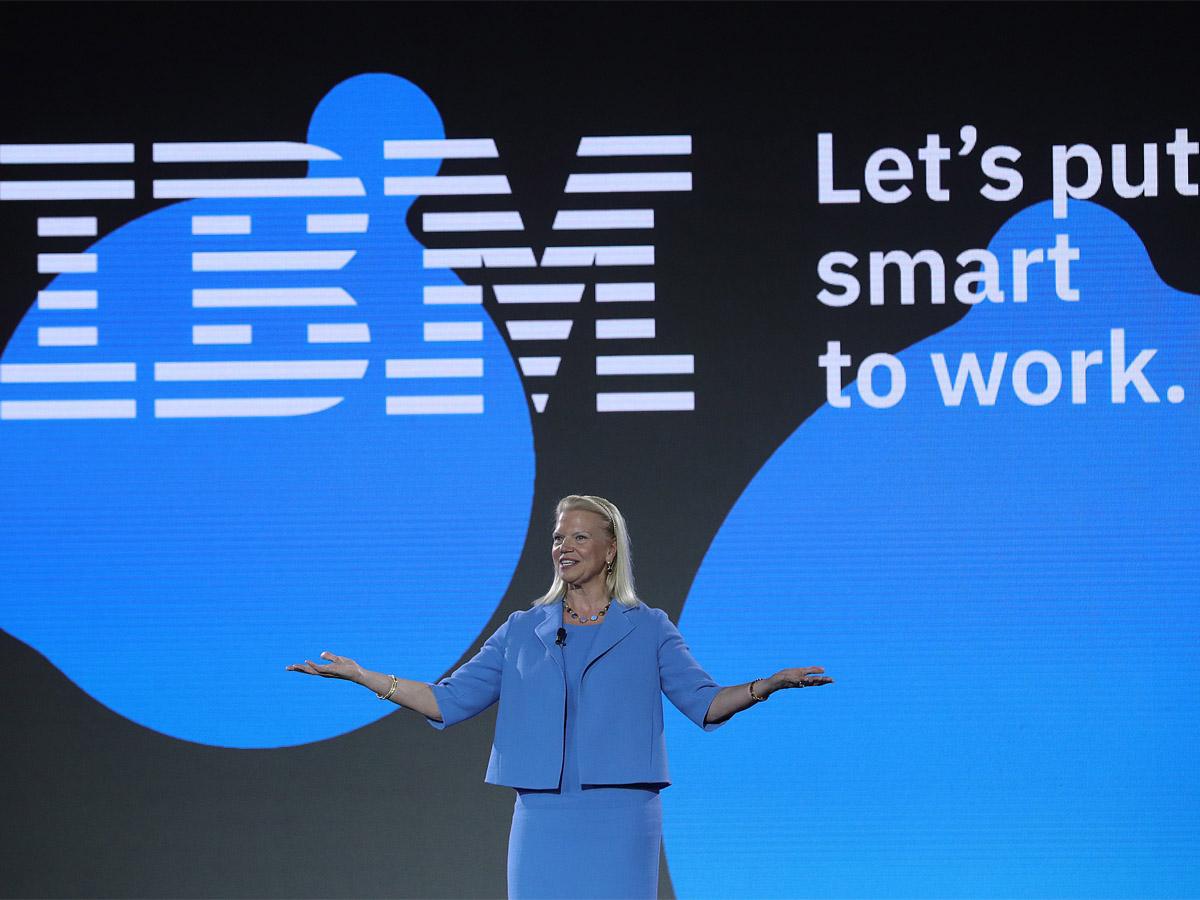Technology major IBM [IBM] is expected to report 1% revenue growth from a year ago backed by acceleration in its cloud and AI strategies.
The company aims to deliver sequential, single-digit revenue growth from 2022 — a significant improvement on the revenue declines seen in recent years. It also aims to grow its free cash flow to $35bn by 2024.
“After years of transition, we see a solid path for IBM to outperform growth expectations driven by increasing cloud mix in the business, recent strategic actions catalysing revenue growth, and a leading portfolio to deliver multi-cloud solutions,” said Jefferies analyst Kyle McNealy, reported by Barron’s.
Investors will look for synergies from recent acquisitions which could trigger a run in IBM’s share price. IBM reports its third quarter results on 20 October.
Acquisition drive
The company has been on acquisition spree. It plans to acquire hybrid cloud consulting firm BoxBoat for an undisclosed sum. In June, IBM closed its acquisition of Turbonomic for a reported purchase price between $1.5bn and $2bn.
"IBM is laser-focused on the $1trn hybrid cloud opportunity," said chief executive officer Arvind Krishna in October 2020, when IBM first announced it would be spinning off its infrastructure services business.
The spin-off, which is set to close in November, will trade publicly as Kyndryl under the ticker KD. IBM shareholders will receive one Kyndrl share for every five IBM shares held on October 25.
The IBM share price reached a 52-week high of $152.84 on Jun 10, 2021, but has since fallen 6.18% to close on 14 October at $143.39. The IBM share price is up near to 14% year-to-date, but has risen only marginally since its Q2 2021 earnings release on 19 July.
“After years of transition, we see a solid path for IBM to outperform growth expectations” - Kyle McNealy, Jeffries analyst
How IBM is expected to have performed in Q3
The three months to the end of September was the last quarter where IBM’s infrastructure services segment will have had a full impact on the company's performance.
According to Zacks data, the consensus of five analysts is for revenue to be $17.76bn, up 1.13% from Q3 2020, which would mark a third successive quarter of year-over-year growth. The revenue is expected to be underpinned by strength in the cloud and software business, which is driven by RedHat.
As for earnings per share, the consensus of seven analysts is $2.49, which would be a 3.49% decline on the $2.58 EPS reported in the year-ago quarter.
Infrastructure services has long been a low margin segment for IBM, with slow growth, while the software segment offers lower revenue growth but at a more consistent rate and with higher margins.
The three months to the end of December could give investors their first indication of how IBM might perform post-separation. The consensus of six analysts is for Q4 2021’s revenue to grow by 1.66% to $20.7bn. EPS is expected to grow by 103.86% year-over-year to $4.22.
The IBM share price received a target boost from Jefferies analyst Kyle McNealy on 1 October, who initiated his coverage with a buy rating and target of $170, an upside of 22.36%.
IBM’s Q2 performance
In the three months to the end of June, IBM reported revenue of $18.75bn, up 3.43% on Q2 2020 – its highest year-over-year growth since Q2 2018 – with 6% growth in its cloud and software segment; EPS was $2.33. Analysts had been expecting it to report an EPS of $2.29 on $18.29bn, according to Refinitiv.
IBM spent $1.75bn on acquisitions in the second quarter, the most in a single quarter since closing the $34bn deal for RedHat in Q3 2019.
On the earnings call, the leadership team stated they were pleased with the ongoing improvements in the spend environment as a result of global economies reopening.
CFO Jim Kavanagh said: “Clients are accelerating their rate and pace of digital transformations using cloud and AI to gain operational insights, increase productivity and create new growth opportunities.”
The IBM share price could gain momentum in the final part of the year and early 2022. The company reported free cash flow of $10.8bn for 2020 in its annual report, and the majority of this was in its highly-profitable software segment.
Disclaimer Past performance is not a reliable indicator of future results.
CMC Markets is an execution-only service provider. The material (whether or not it states any opinions) is for general information purposes only, and does not take into account your personal circumstances or objectives. Nothing in this material is (or should be considered to be) financial, investment or other advice on which reliance should be placed. No opinion given in the material constitutes a recommendation by CMC Markets or the author that any particular investment, security, transaction or investment strategy is suitable for any specific person.
The material has not been prepared in accordance with legal requirements designed to promote the independence of investment research. Although we are not specifically prevented from dealing before providing this material, we do not seek to take advantage of the material prior to its dissemination.
CMC Markets does not endorse or offer opinion on the trading strategies used by the author. Their trading strategies do not guarantee any return and CMC Markets shall not be held responsible for any loss that you may incur, either directly or indirectly, arising from any investment based on any information contained herein.
*Tax treatment depends on individual circumstances and can change or may differ in a jurisdiction other than the UK.
Continue reading for FREE
- Includes free newsletter updates, unsubscribe anytime. Privacy policy





